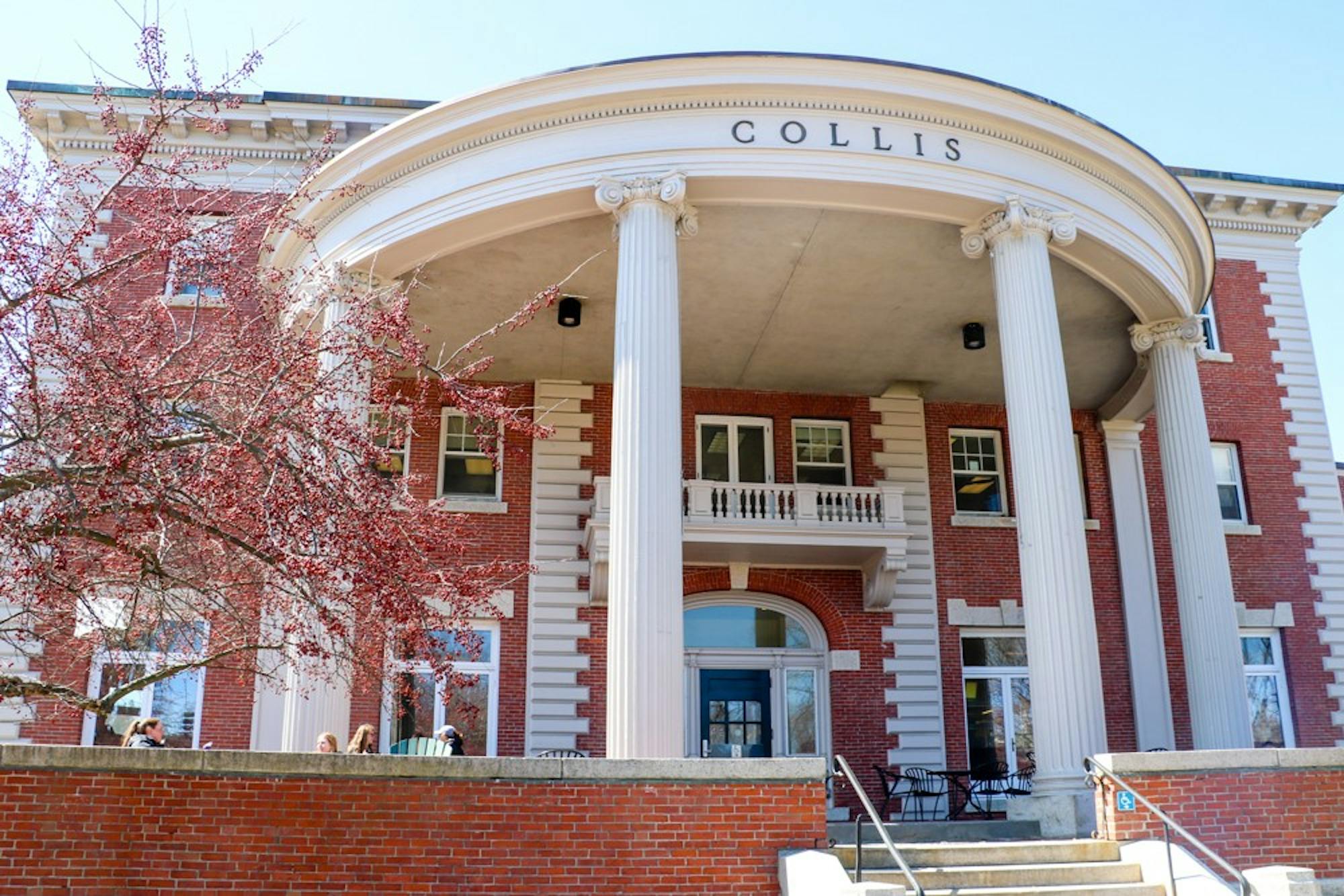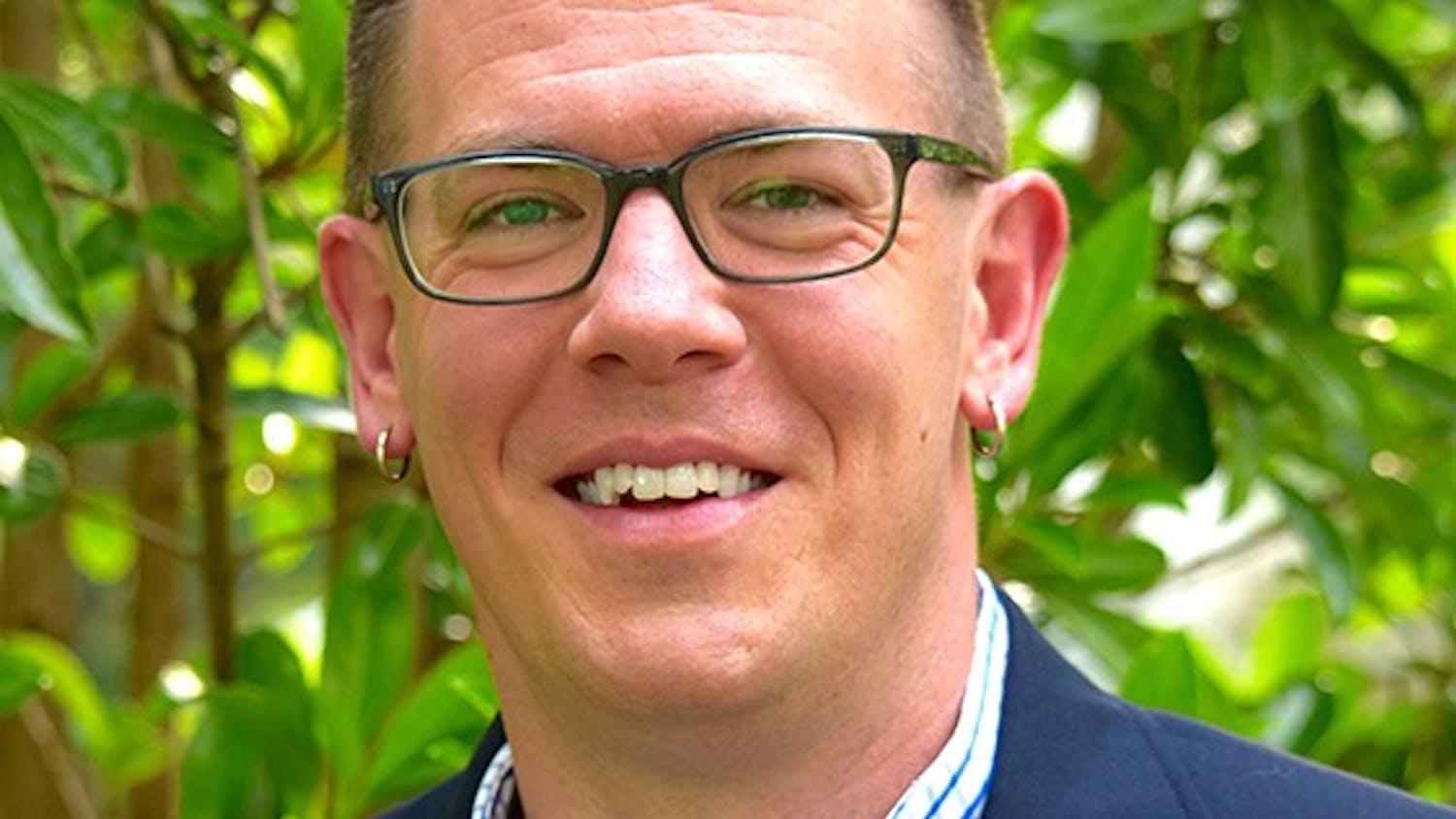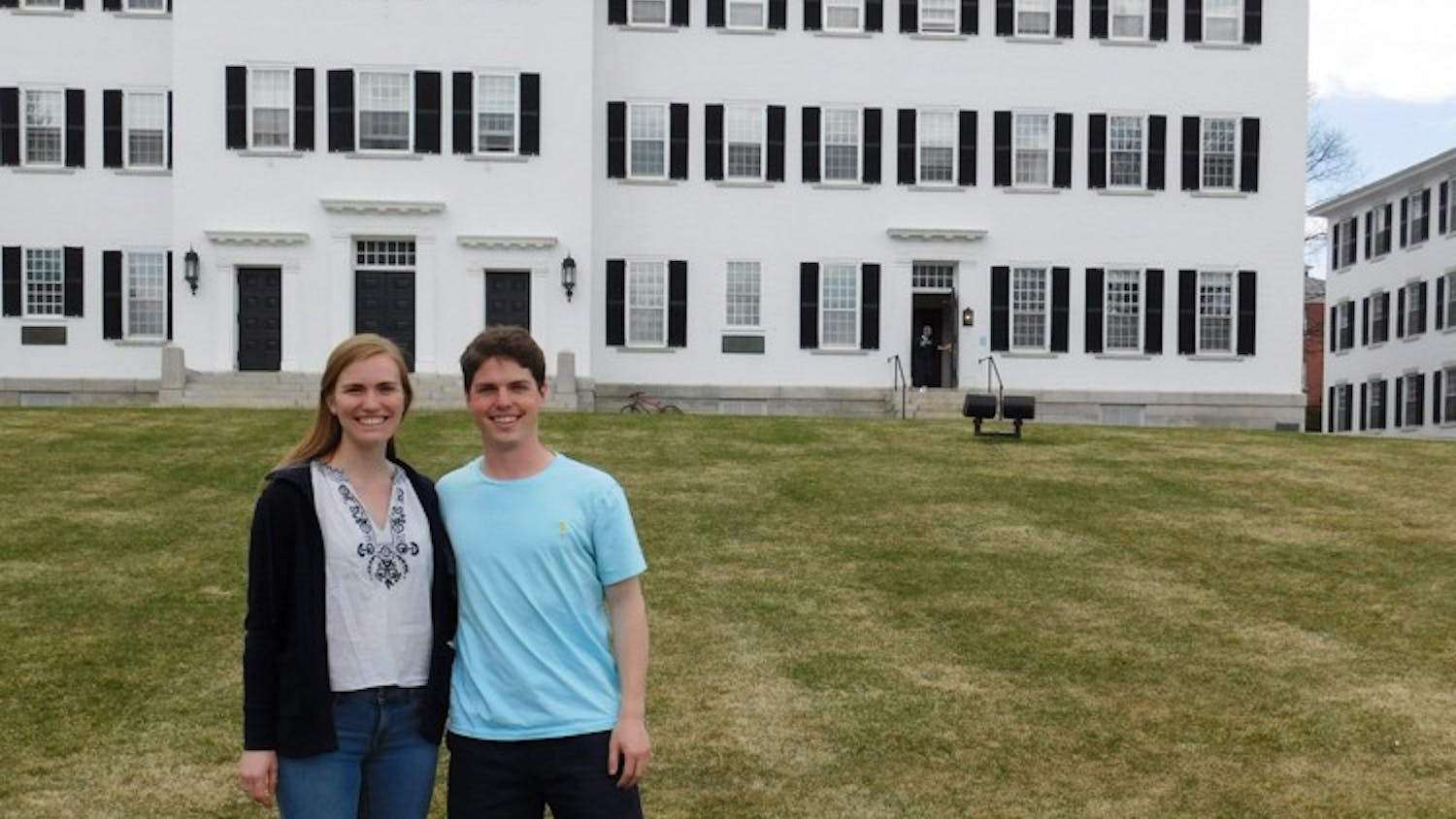In the midst of Dartmouth’s first-ever round of virtual campaigning period, seniors are vying for the support of their classmates to become class president and vice president. Voting will begin on May 11 at 5 p.m. and end on May 12 at 5 p.m.
Luke Amen ’21, Emmanuel Berrelleza ’21 and Jared Cape ’21 are running for senior class president, with Robby Alter ’21 and Da’Jahnae Provitt ’21 running for vice president as Amen and Berrelleza’s running mates, respectively. Cape does not have a running mate but has endorsed Provitt for vice president.
While underclassmen will vote next week to elect three-member class councils, the Class of 2021 will elect only a president and vice president. Like class councils, the senior class president and vice president will act as representatives for their class and “promote class pride, encourage class community and help build strong relationships among students,” according to an email from the elections planning and advisory committee sent to the student body on May 6. The two seniors elected will also lead the planning of Senior Week and assist with commencement activities.
This differs from the role of Student Assembly president and vice president, who serve as the “primary liaison” between Dartmouth students and the administration, faculty, staff and broader community, according to the EPAC email.
Amen said that while SA performs most of the “nitty gritty, behind the scenes” work of student government, the senior class president “is really supposed to be that pride [and] community aspect.”
All of the candidates for senior class president and vice president indicated that they hope to foster class unity through organizing events like class brunches or senior showcases throughout the school year, as well as through building relationships with members of the Class of 1971 and planning Senior Week.
Amen and Alter are running on a platform that Alter said was “very simple: We just want to give seniors a really great senior year.” He said that as students return to campus after isolation at home and potentially several off terms, he and Amen want to provide their class with “lots of events and times when people can make these memories.”
In a post on Amen and Alter’s Instagram page, the candidates wrote that they are running on “making senior year the new sophomore summer.”
Alter hopes that all members of the Class of 2021 will enjoy and feel included in the events that he and Amen are planning.
“If people don't think that we have an event for them, hopefully they feel comfortable reaching out to us and asking us to plan something that more aligns with their interests,” he said. “We're very open to that and really excited to just have the opportunity to give seniors a great senior year.”
Berrelleza and Provitt said that their campaign focuses on five broad issues: creating class unity, designing a zero-waste commencement ceremony, giving back to the Upper Valley community, establishing a senior showcase and creating a fun and inclusive Senior Week. They plan to implement class-wide competitions and donate a class gift to the campus to promote class bonding, organize collective volunteering opportunities at various organizations around the Upper Valley and work to provide dietary accommodations at Senior Week events.
Berrelleza said that one of the things he appreciates about Dartmouth is that it “[has] people from all walks of life and different backgrounds.” He added that he and Provitt see Dartmouth’s “dynamic” as “sort of a lens through which we've decided to build our platform, which is first and foremost recognizing that campus is a very diverse place.”
Cape said that his platform is built around community, inclusivity and sustainability and focuses on policies that he believes are “best achieved through collaboration.” He said that he will create management committees to help plan Senior Week and other class events throughout the year, work to make graduation more accessible through collaboration with Access Dartmouth and make any extra food from class events available for students who may be food-insecure or for donation to organizations in the Upper Valley.
“I really enjoy doing events that bring in a lot of people, but I also really enjoy events that include people from all sorts of identities, backgrounds [and] interests,” he said. “I’m very excited about collaborating with students from all sorts of groups.”
His campaign’s Instagram page notes that he hopes to expand the role of senior class president beyond event planning and become an advocate for the student body.
According to EPAC member and former chair Maria Smith-Lopez ’21, this year’s virtual campaigns have challenged EPAC to monitor candidates’ uses of social media more closely.
“We knew going in that social media was going to be the crux of all the candidates’ campaigns,” she said. “So you spend a lot of time really deliberating the best way to ensure equality, equity, fairness between all the candidates since not everyone necessarily has the same social media presence.”
Berrelleza said that, as EPAC had anticipated, social media has become “a huge component” of the candidates’ campaigns. He said that he and Provitt made a Facebook page and Instagram account early in their campaign, and they are planning to make campaign videos and hold Zoom sessions to “compensate” for being unable to table on campus.
“We [are] willing to go to great lengths to ensure that each perspective is being heard,” he said.
Provitt said that she hopes to “hear student voices” throughout the campaign, and that she and Berrelleza are trying strategies like open Zoom calls and Q&As on their campaign Instagram story to get as much student feedback as possible.
Alter said that in his own experience and through talking to other candidates, another one of the “host of challenges” of virtual campaigning is that “it’s kind of hard to break out of your bubble, your echo chamber, and find others” with different ideas. He said that in lieu of setting up a table in the middle of the Green, he and Amen are reaching out to affinity and interest groups and making an effort to follow people who “maybe wouldn’t show up in the ‘recommended for you’ section” of their Instagram.
Amen said that “there’s not really a downside” to reaching out to people he may not talk to regularly and that he and Alter believe that “people respond better to just reaching out to them” than they would to a less personalized approach. He added that his campaign is using “happy posts,” like videos of Alter’s dog, to appeal to voters because “we all need some uplifting stuff.”
Cape said that he is running his campaign with a “grassroots focus,” prioritizing personal connections with the Class of 2021. He said that he focused on social media and building a website for the first part of the campaign, choosing to wait to send campaign emails until closer to the election.
However, Cape noted that following EPAC guidelines has also become more difficult in a remote setting. He said that although he has received support from friends on social media, he has had to tag the EPAC account on some of their posts in order to avoid violating campaign rules.
Smith-Lopez said that even once students are back on campus, some changes to the election process will likely remain in place. For example, she said that “social media will be more firmly built into the official code going forward.”
Though she and the other candidates have all found it difficult to run virtual campaigns, Provitt said that she hopes their efforts will pay off in higher voter turnout.
“I think that the silver lining of the fact that we are virtual [is that] everyone has more screen time,” she said. “So that means there’s a larger opportunity for our audience to expand and for more people to actually know what's going on.”

Lauren ('23) is news executive editor for The Dartmouth. She is from Bethesda, Maryland, and plans to major in government and minor in public policy.




